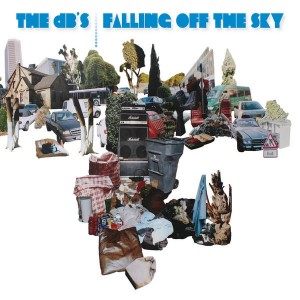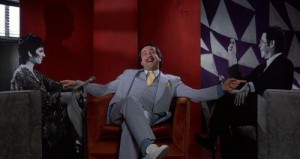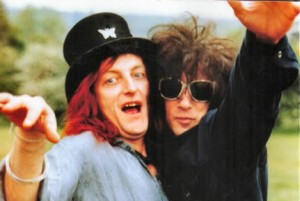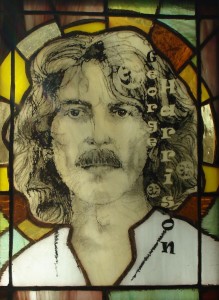
The first new album by the classic dB’s lineup, Fall Off the Sky, has been available for the last few week for streaming audio at Rolling Stone among other outlets. I keep putting off listening to it, even though I have a deep love for the band’s first 2 albums and everything they seemed to stand for, even though I always hope that they will miraculously recapture what they—and I—once had. Care to listen along with me? I will listen, and I will report my initial impressions. Feel free to do likewise, or if you’re like Townsman Oats and have somehow possessed a copy months before Chris Stamey completed his file naming and filing of mix stems, add your comments as you feel fit.
Since Stamey first left the band, Gene Holder shifted from bass to guitar, and all the wrong people started getting into the band just as their albums were going downhill, I’ve been nothing but disappointed with most releases I’ve heard by anything approaching The dB’s (ie, anything going by that name or anything involving both Stamey and Peter Holsapple). I like some of Stamey’s early solo albums and the one Holsapple solo album I’m aware of, but I share Mr. Moderator‘s dread of the Stamey-Holsapple duo album Mavericks and its use of the 128-string guitar. Will a newly reconstituted dB’s, with all its pieces in their rightful place, allow these guys to pick up even remotely where they left off after Repercussions? We shall see…or hear, in this case. My thoughts follow.




